Leander McDonald, President at UTTC | Official Website
Leander McDonald, President at UTTC | Official Website
United Tribes Technical College (UTTC) in Bismarck-Mandan supports about 500 Native American students each semester and has served over 10,000 students from more than 75 federally recognized tribes during its 50-year history.
“We describe ourselves as a rural college located in an urban area,” said Leander McDonald, President of UTTC. “Our faculty and staff get to know the students really well, which helps them succeed in the new learning environment.”
The college reported a $39.9 million economic impact for fiscal year 2022-23 and is credited with creating 537 jobs locally. The institution’s influence extends beyond Bismarck-Mandan to the wider region and North Dakota.
UTTC was established with workforce development as a core goal. It has maintained accreditation through the Higher Learning Commission since 1982 and was the first tribal college in North Dakota, as well as the first nationwide to offer fully online degree programs.
“Our founders were forward thinkers at the time, which helped them develop a school specific to tribal needs,” McDonald said. “Today, our role is to continuously evolve to meet the needs of students entering the workforce and companies hiring them.”
Approximately 70% of UTTC’s student body comes from North Dakota, with most others from South Dakota. Many are leaving reservations for the first time when they enroll at UTTC. The college aims to ease this transition by providing mentorship and social support systems.
“We want our students to know they are not alone through this transition,” McDonald said. “We provide mentorship and a social support system during their time here.”
UTTC offers three dormitories—currently at capacity—and family housing for married students or those with children. There is also an increase in part-time enrollment among working adults seeking bachelor’s degrees for career advancement.
All incoming students must take a one-credit First Year Experience class focused on soft skills such as budgeting, resume building, interview preparation, and general life readiness. This course is designed to help graduates market their skills effectively in the workplace.
McDonald noted that while some graduates return home after finishing their studies, others accept jobs in Bismarck-Mandan or elsewhere across the country. About 58% of graduates pursue further education toward bachelor’s or master’s degrees.
In addition to responding to student needs, UTTC works with employers throughout North Dakota to align curricula with changing job requirements.
“We look to see what skills are needed and how employer expectations are changing,” McDonald said. “We then consider if there is something we need to change in how we prepare students. Input from companies is necessary to ensure we are setting students up for success.”
The career department hosts job fairs and conferences connecting students with employers statewide—sometimes virtually—and maintains advisory relationships with local businesses when developing courses.
“We’re keeping our ear to the ground for what is needed and modifying our programs to ensure our students have the skillsets to be knowledgeable, quality employees,” McDonald added.
UTTC collaborates closely with other regional institutions such as University of Mary, Bismarck State College, and members of the North Dakota University System on academic partnerships aimed at improving student outcomes across all colleges in the area.
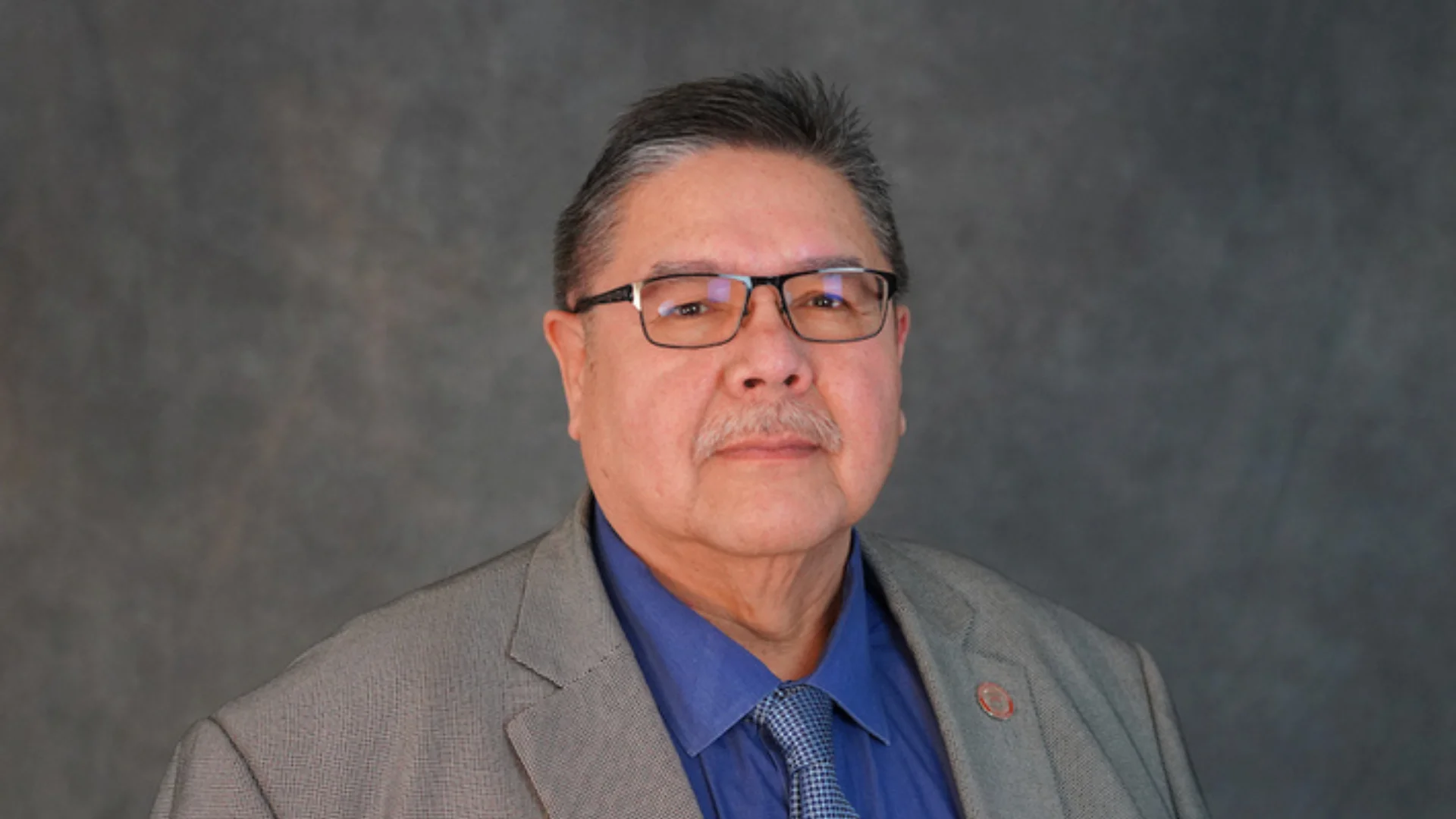
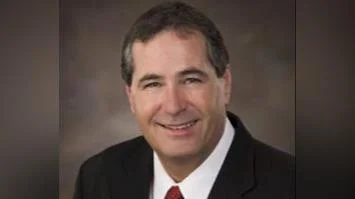
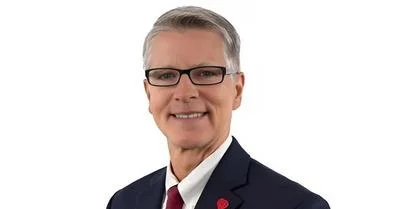
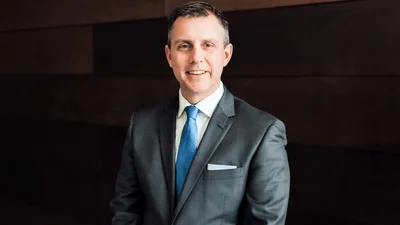
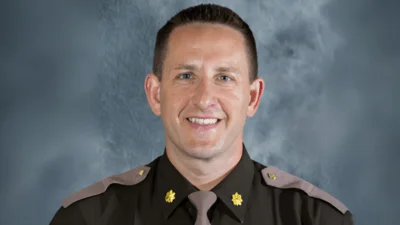

 Alerts Sign-up
Alerts Sign-up